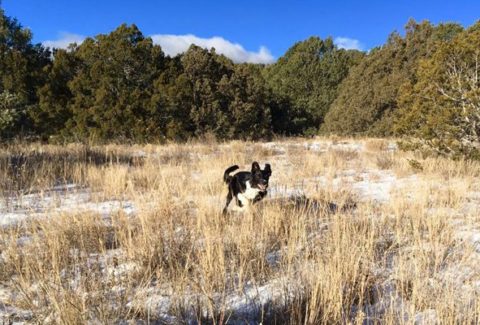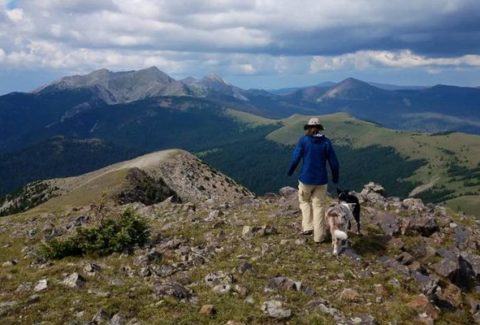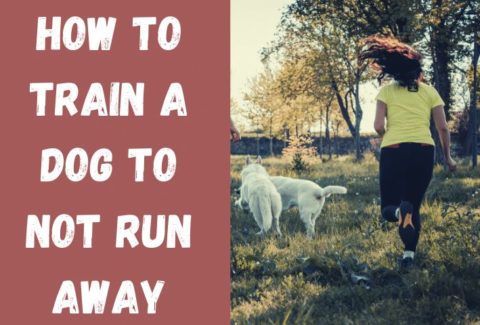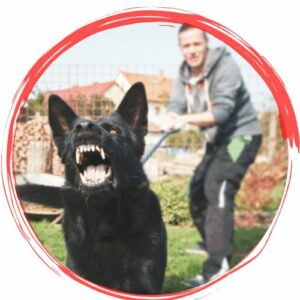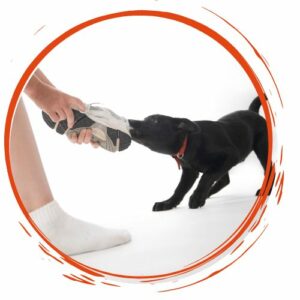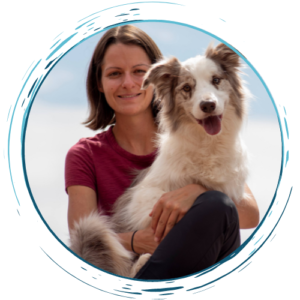Why Distractions Are Like Hypothermia
May 7, 2021 2021-05-22 10:13Why Distractions Are Like Hypothermia
Why Distractions Are Like Hypothermia
Recently I visited Zion National Park. Not only the tourist part of the park with the restaurants and paved trails, bathrooms and convenient shuttle buses; but also some less populated parts of the park, namely some canyons that are only accessible with a special permit. I was swimming through, rappelling into, and bouldering down narrow, dark slots.
There is water in these canyons that never gets touched by sunlight, and it is cold. So cold that I, even though I was wearing a wetsuit, got hypothermic (not for the first time – a year ago, in nearly the same place, it already happened). I was shivering uncontrollably, unable to get warm and my body would a few days later repay me by being out of commission for a couple days.

I would, and will, go canyoneering again at any time; just like the countless other slightly crazy mountain climbing people who seem happy to repeatedly voluntarily endure what can only be described as light suffering.
Why?
Because rock climbing is like motivating dogs.

The first time I went on an outdoorsy rock climbing trip, my (smart and experienced) friends made certain that everything was in perfect order: the sun was shining, the trail was easy, the climbing was simple, we had delicious snacks and it was a short outing.
My companions had – whether intuitively or on purpose – acknowledged a very important aspect of building a new fancy:
In the beginning, when it’s fresh and fragile, it cannot withstand a lot of adversity.
Had it rained and they had told me to keep going up the wall, had I been too scared, had we been thirsty or too tired – I may have quit right then and there.
Everything had to be perfect in order for me to “latch on” to the new hobby.
It is the same in dog training. Very regularly I encounter the following situation:
A client has a dog that is distracted. We introduce a new way of motivating the dog – in form of food and toy games – and after we have played once or twice, the dog might see something that catches his attention (a bunny, another dog, a person etc.) and engage with his person and their new game.
The owner then tells me in disappointment and says “This doesn’t work!”
Of course it doesn’t work. It doesn’t work because the dog has not built up anywhere close to enough love for the game to withstand any challenges.
The dog right now is a beginner rock climber: His motivation is delicate and fragile and needs to be tended to and cared for and slowly increased before we can ask the dog to keep it under stress.
We have to get some mileage in easy terrain first: playing with the dog where it is no hard choice for him to decide for the owner, where everything is easy and simple and he can solely enjoy the game.
This may at first only be in the living room – that’s ok! Make your dog a champion at playing and engaging with and paying attention to you at home.
As I developed my own motivation and started to find inherent joy and satisfaction in mountain adventures, my resilience towards difficulties grew. I would take longer trips, a bit more dangerous trips, colder trips and have uncomfortable sleeping spots. Once or twice I got Altitude Sickness and frostnip – still, my motivation was (and is) so high that it never was a question whether to keep going.
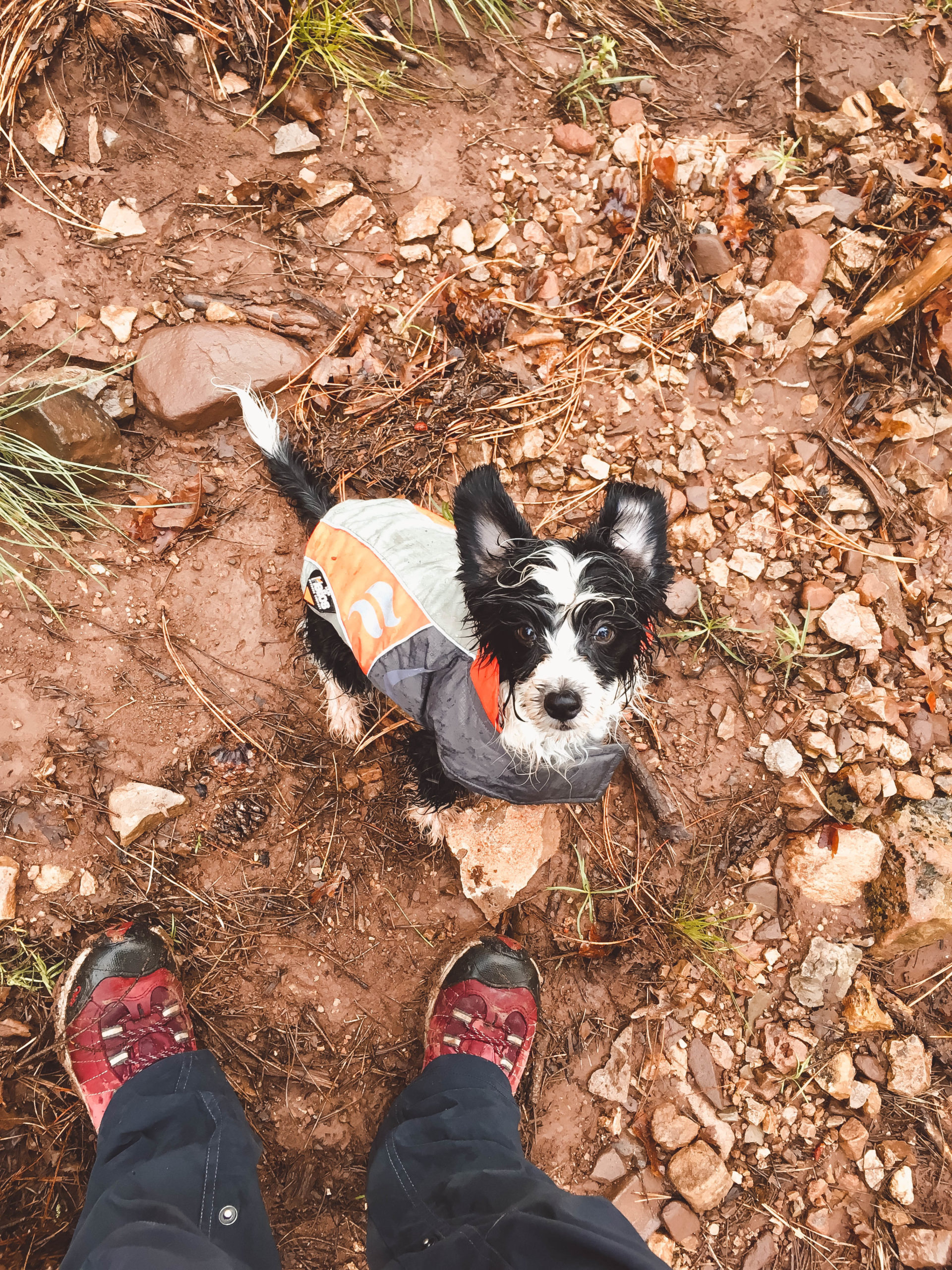
(If you don’t rock climb, I am sure your hobby has comparable little hardships that you have gone through – the hobby of having dogs itself it not always purely pleasant. There are messes, vet bills and occasionally interrupted sleep. But we all clean up the diarrhea, wash our hands and move on without ever considering giving up our dogs.)
It again applies the same to our dogs: Once we have a bit of a spark (this is a wonderful moment to observe for me – when a dog for the first time “turns on” to a new game) we can start to build onto that motivation.
At first maybe you just ask your dog to sit for you before you play your game together, then you ask him to sit and spin and lay down and you play. Next, take him into the backyard and play! Then try the front yard – and the park down the road.
Make sure you never loose the spark of motivation, if you do, take a step back and go to the last place where everything went well.
Over time, any distraction will become like hypothermia to your dog – a temporary annoyance perhaps but easily ignored because the bigger game is so much fun.
Make your dog a rock climber who doesn’t care about getting a bit cold!
Happy Training.
(Want to read more about distractions?
Why You Should Reward Your Distracted Dog (Sort Of)
Why I Don’t Train Eye Contact )

